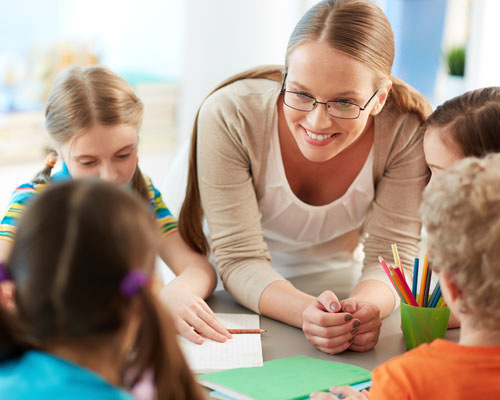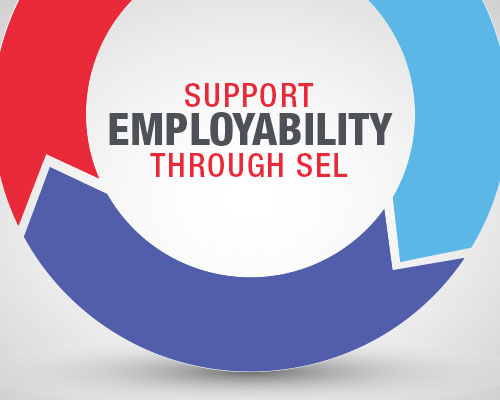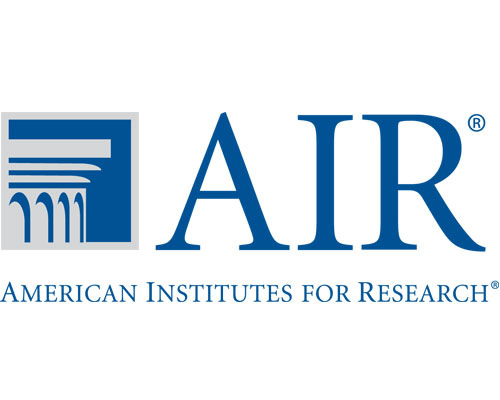Professional Development
NAA publishes fresh, new content every week covering a wide variety of topics related to the field of aftershool. In addition, NAA offers a variety of opportunities for virtual professional development (PD) through meaningful content, conversations and connections. Click here to see full descriptions of virtual PD offerings.
Displaying items by tag: AIR
Recognizing the Role of Afterschool and Summer Programs and Systems in Reopening and Rebuilding
The need for safety, support, and trusting reciprocal relationships becomes even more important now as we work to rebuild and return stronger than before COVID-19.
Recognizing the Role of Afterschool and Summer Programs and Systems in Reopening and Rebuilding
The need for safety, support, and trusting reciprocal relationships becomes even more important now as we work to rebuild and return stronger than before COVID-19.
Afterschool and In-School Educators: A Combined SEL Approach
All educators share a common desire to support the social and emotional development of their students, yet the approaches taken by afterschool and in-school educators when pursuing this goal differ. The American Institute for Research (AIR) has created several briefs addressing how all educators could help students succeed in school, work and life. AIR's most recent brief on this topic suggests ways that afterschool and in-school educators could work together to support the social and emotional development of their student body.
Ready to Work!
How Afterschool Programs Can Support Employability Through Social and Emotional Learning
Understanding the knowledge, attitudes and skills that ultimately contribute to success in school, work and life is a priority for educators and employers. Young people need a variety of important skills to be ready to work, including understanding key work habits and having a strong work ethic.
SEL Skills and Employability
The research is clear: Employers are looking for skills that go beyond content knowledge. Recognizing the knowledge, attitudes and skills that ultimately contribute to success in the workplace is a priority for educators and employers. One aspect of employability that has gained attention in recent years is the need for strong social and emotional skills in order to be successful in the workplace.
AIR Releases SEL Resources
American Institutes for Research (AIR) recently released a new resource on social and emotional learning (SEL) for the afterschool field.
National AfterSchool Association • 2961A Hunter Mill Road, #626 • Oakton, VA 22124 • info@naaweb.org






